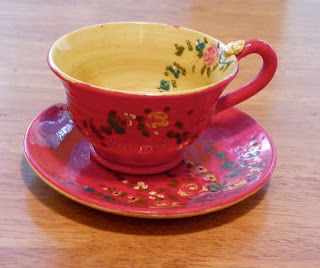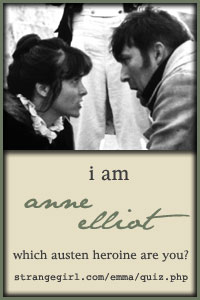
On the first morning of the new year, before anything else (instead of noticing as I might have the sweet, innocent singing of a bird in the bare apple trees beyond the back wall, or the winter sun making a little crystal palace of a patch of crusted snow), I’m in my mother’s kitchen tackling a sinkful of dirty kettles—thoroughly stuck, impossible to clean—surely the very same kettles I battled with in junior high, in high school, summers after college, as long as forty years ago. Hating every soul-scouring minute of the fight (not pleased, as with a bowl, a cup, to find the cleanness along its smooth form, something in those kindlier objects that cooperates in the process of cleaning), I realize how exactly these kettles of my mother’s reveal the difference between her nature and mine, the inexplicable battle with the world she is constantly engaged in—has been for over eighty years without ever tiring of it. I overhear her saying how funny it is that I always want to put kettles in the dishwasher, and hand-wash glasses, while she (and all other right-thinking people, is the implication) is just the opposite.
While I’m applying the inadequate scratch pad (not a brillo in sight, of course, only the immaculate white plastic) I think how maddening it is that after all this time she hasn’t thought to buy new kettles that don’t stick, kettles that aren’t forever burnt, egged, gummed, encrusted with unspeakable things, things I want nothing to do with. But it is so very much her way—her creed—her declared preference—she would no more do the easy thing than I, by choice, the hard. It makes me want to cry, this lifelong battle that I know can never be resolved. And my defiant, treacherous thoughts of gleaming copper, sophisticated Caphalon, French country enamel, with their dirt-repellent surfaces and amiable soul, have been thoroughly defeated yet again by the stark, no-nonsense reality of this broiler pan, burned chowder pot, and egg pan.
image: Goguryeo kettle, Three Kingdoms of Korea period, 5th century


































